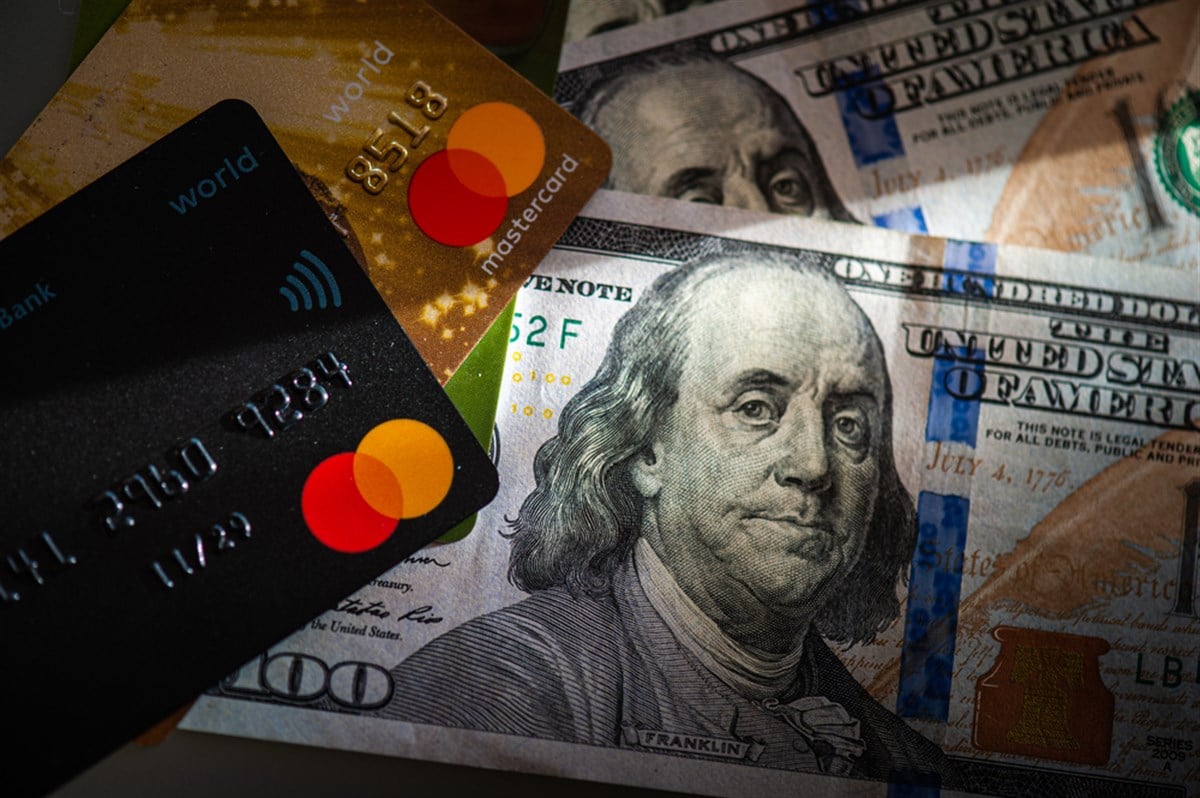These three stocks, which are at or near the top of their respective industries, just increased their dividends by double-digit percentages. Below I’ll tell you how much these companies are currently paying out to shareholders. I’ll also touch on some noteworthy news regarding share buybacks. In addition, I will provide an update on key proposed legislation that investors should be aware of regarding one of these companies.
PACCAR: +4% yield makes it one of the leaders in industrial dividends
PACCAR dividend payments
- Dividend yield
- 1.15%
- Annual dividends
- US$1.20
- Annual dividend growth for 3 years
- 6.82%
- Dividend payout ratio
- 13.41%
- Next dividend payment
- January 8
PCAR Dividend History
PACCAR NASDAQ: PCARThe commercial truck maker increased its dividend by 10%. The new dividend of $0.33 per share will be paid on March 5 to shareholders of record as of February 12. The company has a history of rewarding shareholders with significant dividend payments relative to its earnings. The average quarterly payout ratio over the past five years has been nearly 51%. The new dividend payout gives the company an indicated dividend yield of 4.1% in 2025. This measurement of dividend yield assumes that the dividend amount will not change during the year.
Despite the small quarterly dividend, the company achieves this figure because it often announces large additional dividends at the end of each year. In 2024, the premium was $3.00 per share. In 2023, it was even higher at $3.20 per share. This 4.1% yield is impressive compared to the 1.2% figure offered by the SPDR S&P 500 ETF Trust. NYSEARCA: SPY. The company’s reported returns also rank in the top six among U.S. and Canadian large-cap industrial stocks.
Eli Lilly: Pharmaceutical giant raises dividends by double-digit percentage and announces share repurchase
Eli Lilly and Company Dividend Payments
- Dividend yield
- 0.77%
- Annual dividends
- $6.00
- Annual dividend growth for 3 years
- 15.15%
- Dividend payout ratio
- 64.86%
- Next dividend payment
- March 10
LLY Dividend History
Eli Lilly New York Stock Exchange: LLIThe world’s largest pharmaceutical company by market capitalization, just announced a significant increase in its quarterly dividend. The increase was 15%, marking the seventh year in a row that the company has raised its dividend by that figure. On March 10, 2025, shareholders of record after February 14 will receive a distribution of $1.50 per share.
In addition to the dividend increase, the company also announced that it has authorized a $15 billion share repurchase program. Given a market capitalization of $691 billion as of the December 20 close, this buyback program represents 2% of the company’s value. Although the buyback program is relatively small, it is three times the size of the previous program.
Based on the Dec. 20 closing price of just under $768, the company’s reported dividend yield for 2025 would be about 0.8%. While this figure is small, it is actually ahead of most of the industry. Of 43 large-cap pharmaceutical and biotech stocks in the U.S., Canada and Europe, Lilly’s dividend yield is greater than 53%. Of those 43 stocks, 21 don’t pay dividends at all.
Mastercard: Good news on dividends, buybacks and credit card regulation
Mastercard dividend payments
- Dividend yield
- 0.50%
- Annual dividends
- US$2.64
- Record dividend increase
- 13 years old
- Annual dividend growth for 3 years
- 12.53%
- Dividend payout ratio
- 19.97%
- Next dividend payment
- February 7
MA Dividend History
Mastercard payment network New York Stock Exchange: Massachusetts increased quarterly dividends by 15%. The company will pay shareholders a new dividend of $0.76 per share as of January 9th on February 7th. This gives the company a reported dividend yield of just under 0.6% for 2025.
Like Lilly, Mastercard has authorized a massive share buyback program. The company now has the right to repurchase shares worth $15.9 billion. This figure combines the new $12 billion figure with the $3.9 billion that still remains from the previous buyback program. Combined, the approval represents more than 3% of the company’s $485 billion market capitalization as of the deal’s closing on Dec. 20.
In other news surrounding Mastercard, some regulatory concerns appear to have faded, at least for now. In November, Visa executives and consultants New York Stock Exchange: V. and Mastercard attended the Senate Judiciary Committee hearing. The discussion was about the Credit Card Competition Act (CCCA). Some lawmakers and outside analysts argue that Visa and Mastercard are maintaining an unfair duopoly in the credit card market. They say the lack of competition means merchants have to pay exorbitant fees to process credit card payments.
The law will require banks to offer at least one more payment network to compete with Visa and Mastercard. This will likely reduce the volume of payments received by Visa and Mastercard, which will negatively impact revenues. However, the bill has not yet been put to a vote. With two weeks left in the new Congress’ term and other, more important issues on the table, it’s unlikely that will happen. However, the CCCA has support from both sides, keeping the situation under review. Lawmakers could reintroduce the bill next year.
Before you consider Mastercard, you’ll want to hear this.
MarketBeat tracks Wall Street’s top-rated and best-performing analysts daily and the stocks they recommend to their clients. MarketBeat identified five stocks that top analysts were quietly telling their clients to buy now, before the broader market caught on… and Mastercard wasn’t on the list.
While Mastercard currently has a Moderate Buy rating among analysts, the top-rated analysts think these five stocks are Strong Buys.
View five stocks here
MarketBeat just released a list of 20 stocks that Wall Street analysts hate. These companies may appear to have good fundamentals, but top analysts are smelling something big. Are any of these companies hiding around your portfolio? Find out by clicking the link below.
Get this free report
